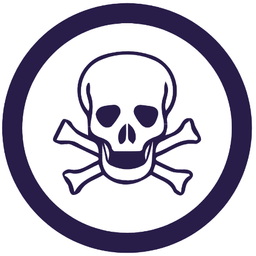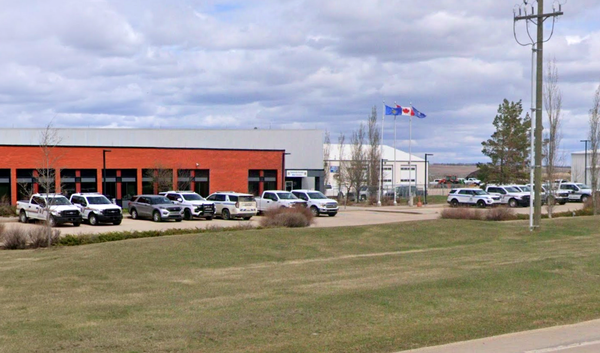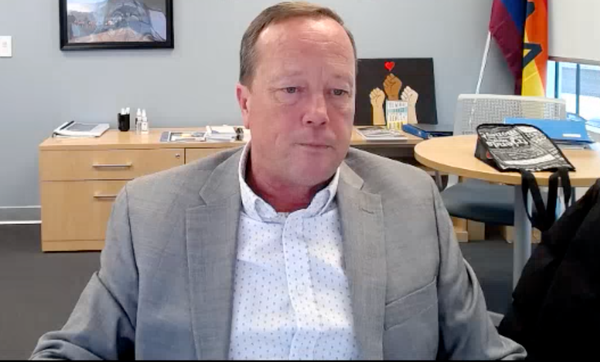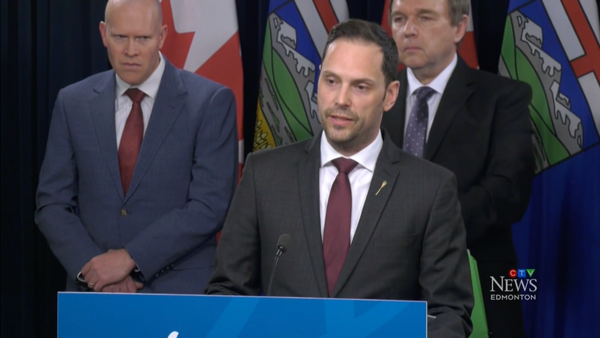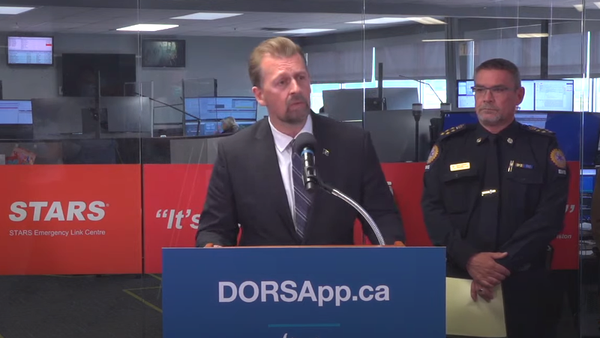Was Last Door granted Calgary Recovery Community?
Unannounced by the Alberta government, all signs point to the controversial UCP-aligned recovery organization bagging a lucrative contract for Calgary's new centre.
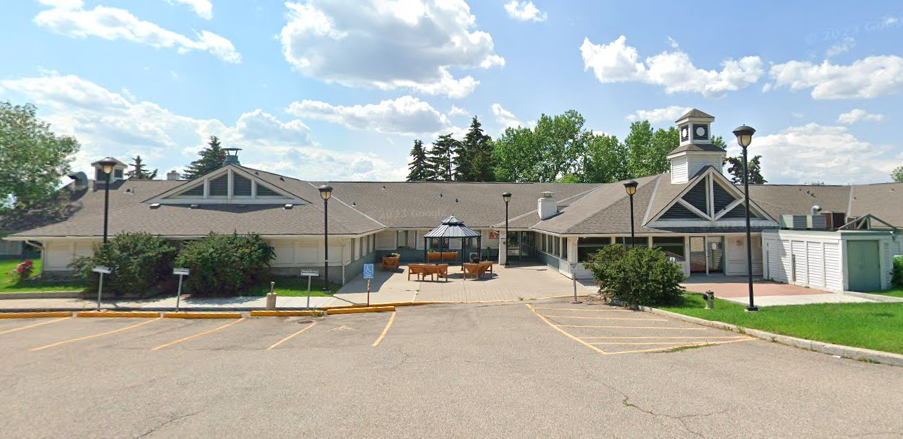
The latest recovery community contract from the Alberta government appears to have been granted to Last Door Recovery Society, according to publicly available job postings, a development permit and a business association partner page.
The recipient of the recovery community contract has not been announced by the Alberta government, which lists the project as "in processing" on its Recovery Communities page. Existing recovery communities in Gunn, Lethbridge and Red Deer have yielded lucrative operating contracts of $4.5 million per year.
The competition process for the recovery community, if one took place, remains unclear pending a freedom of information request submitted to and delayed by the Ministry of Mental Health and Addiction. The most recently announced contract, for the Gunn recovery community and training institute, was quietly awarded to ROSC Solutions Group without public announcement in December 2022. (A ribbon-cutting was held in August 2024, at which the contract recipient was finally announced.) The Gunn contract did not undergo a public bidding process but rather a rushed, invitation-only call for proposals open to select recovery organizations.
Last Door Recovery Society casts a long shadow in the Alberta drug policy landscape. In addition to its client recruitment centre in downtown Calgary, Last Door runs the My Recovery Plan app, launched through nearly $2 million in sole-sourced contracts from the UCP government. The app was revealed by Drug Data Decoded to circumvent informed consent and funnel patient data to a database held privately by Last Door. The implementation of the app also sidestepped Indigenous consultation, running counter to Indigenous data sovereignty practices. The app's next operational targets include prisons, supervised consumption sites and homeless shelters.
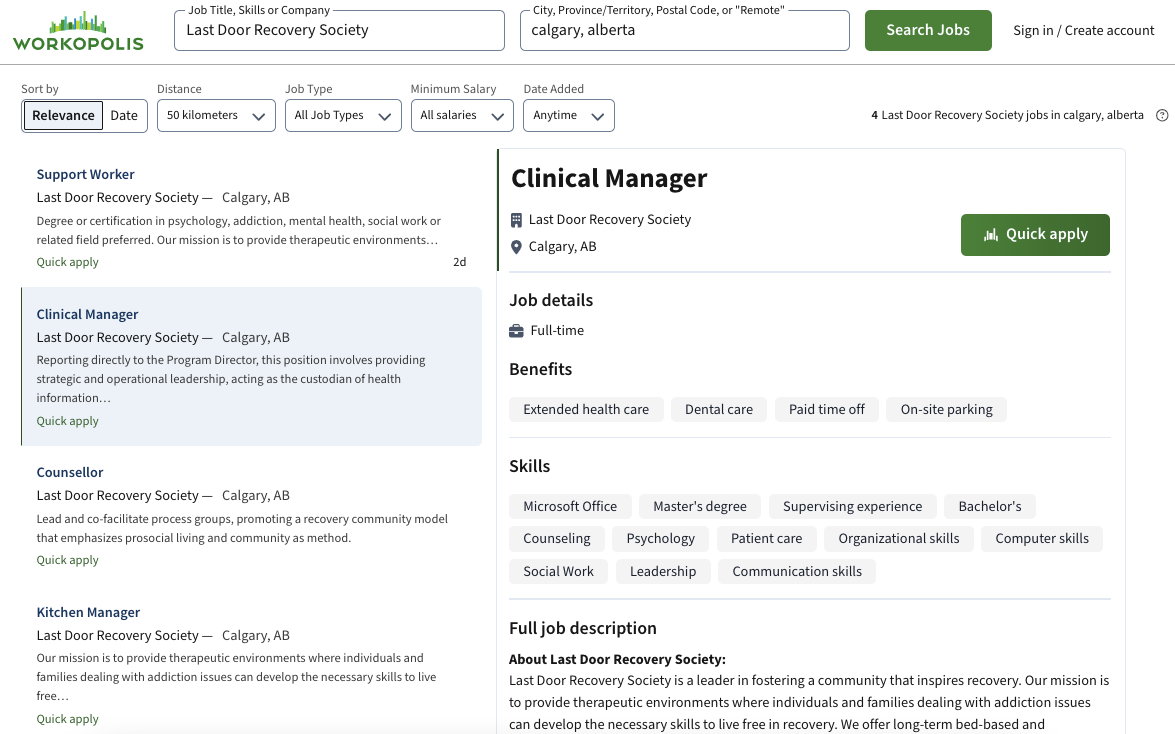
Last Door also runs the Recovery Capital Conferences, including Alberta Recovery Conference, which have received considerable support from publicly funded bodies including the governments of BC, Alberta and Saskatchewan, Alberta Health Services, Calgary Homeless Foundation, and Canadian Centre for Substance Use and Addiction. The conferences have become a hub for abstinence-oriented policy and related political announcements. These have included conservative premiers declaring their alignment on "recovery-oriented systems of care" and at least one instance in which Alberta's police chiefs coordinated on anti-decriminalization election messaging ahead of the 2023 Alberta election.
Last Door has been implicated in more direct alleged community harms. In February 2023, former clients of Last Door's sister organization brought sexual assault allegations against a former Last Door employee. The employee, Adam Haber, was charged in May 2023 by New Westminster Police on three counts of sexual assault, which remain legally unresolved. Members of Last Door's upper management were alleged to have known about and attempted to silence the assault allegations. Ten days before the first allegations surfaced, a staff member at Last Door helped precipitate a snowballing panic around safer supply prescriptions being diverted in Vancouver, which gained national momentum as conservative politicians at all levels of government seized on the narrative.
Despite Last Door's position of power in the lower mainland, Vancouver Pride withdrew its partnership with the organization on the heels of the sexual assault charges and associated allegations. Last Door has since turned its outreach energy elsewhere, hosting a Sober Stampede event at Calgary Stampede grounds in 2024 sponsored by many of the same organizations that had previously supported Recovery Capital Conference.
On December 5, Last Door and Alberta's Ministry of Mental Health and Addiction were approached for comment on the new facility and its contract details, but no response was received.

Neighbourhood of recovery-oriented policing
According to a development permit approved by the City of Calgary for the Ministry of Mental Health and Addiction, the location of the incoming "Residential Care, Addiction Treatment" facility appears to be 2736 19 Ave SE, just off International Ave. This is the former site of the Valleyview Lodge, a seniors' assisted living facility run by Silvera. A Silvera release from November 2022 describes how the facility's 50 residents were relocated to a new building in Pineridge, northeast Calgary. The release explained that the former building is owned by the Alberta government, while the land is owned by the City of Calgary.
Following the presumed recovery community's development approval, a permit application was refused by City administration for the expansion of a liquor store to carry cannabis products, roughly 200 metres from the recovery facility.
UPDATE (Dec 10): Drug Data Decoded inquired with the applicant and the City's file manager about the refusal, and a response was received from the City that included the Reasons for Refusal. Just one response was received in the public consultation – the International Avenue business association advocated against the expansion. Several considerations could have allowed for the expansion, according to the Reasons for Refusal. Separation distances between cannabis stores are relaxed in East Village, Stephen Ave, Windsor Park, Bridgeland, Dalhousie, Sundance, Haysboro and other districts.
The new facility will find a welcome operating environment on International Avenue. Alison Karim-McSwiney, the business association's executive director since the 1990s, has appeared to favour escalated policing and displacement of unhoused people in the neighbourhood.
In an October 2022 business town hall held at Calgary Police headquarters, Karim-McSwiney spoke "on behalf of [Calgary's] business improvement areas," highlighting the increasing volume of human waste and encampments permeating her commercial area. Rather than call for housing, Karim-McSwiney directed blame for the social disorder squarely at "the rise in P2P," a mode of methamphetamine production that was popularized in the 1970s as methamphetamine displaced the newly criminalized amphetamine market.
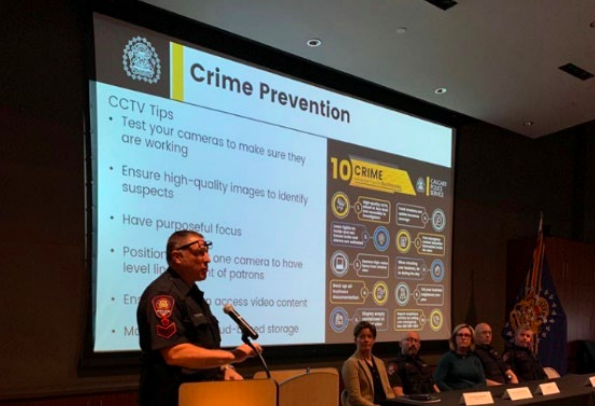
P2P, or "new meth," is a hot topic in policing circles since a fear-mongering 2021 article by Sam Quinones in The Atlantic. Harm-reduction nurse Claire Zagorski, writing for Filter Magazine in 2022, countered that P2P meth is neither new nor more dangerous than meth produced from pseudoephedrine, but it is a higher-quality approximation of the pharmaceutical meth sold as brand-name Desoxyn. In evoking P2P meth to call for more policing, Karim-McSwiney was, perhaps unwittingly, giving oxygen to a key talking point used by Edmonton Police Chief Dale McFee, Alberta's most aggressively political police officer, to pull for funding and justify brutal treatment of encampment dwellers.
Last Door Recovery Society is listed on the International Avenue business association's Community Partners web page, despite the recovery community not having been publicly announced. No other recovery organization is listed among the business association's community partners. Karim-McSwiney was approached for comment but was not available in time for publication.
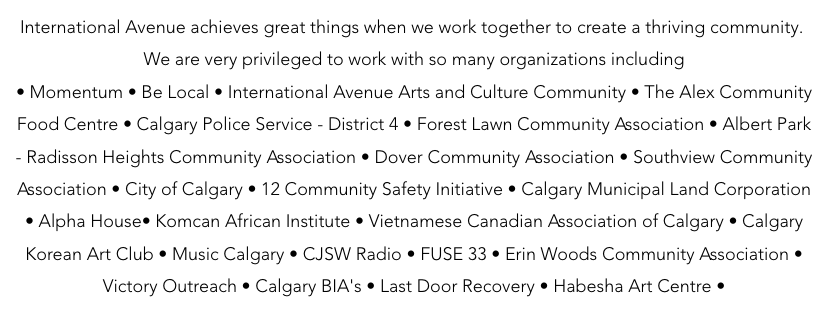
Foothold or stranglehold?
The freedom of information request submitted to the Ministry of Mental Health & Addiction by Drug Data Decoded asked for records pertaining to proposals and contracts for the Calgary Recovery Community. The Ministry's response was initially delayed by 30 days under Section 14 of the FOIP Act for a "large volume of records." It was then delayed again by 20 days under Section 30 for notifying a third party, which is presumed to be Last Door. The FOIP office indicated that a response would be provided by December 19–less than two weeks before the start dates of Last Door's job postings.
If the contract recipient is in fact Last Door, the organization could enjoy unparalleled dominance in Alberta's increasingly privatized recovery sector by combining brick-and-mortar capacity with a potential monopoly on the sales pipeline for recovery clients. The My Recovery Plan app functions by uploading client questionnaire responses obtained during intake to every publicly funded recovery program. The data contain critical personal information including criminal history, substance use history, employment and housing status. By measuring progress of recovery centre clients during a program, the app generates data used to demonstrate the performance of each recovery program.
There appears to be no retention policy forcing Last Door to destroy data after a client has opted out of the system, and the app's privacy terms suggest that retained data could be leveraged to pitch former users on recovery services.
Because provincial funding for recovery organizations in Alberta will be tied to their use of My Recovery Plan and the outcome data it measures, recovery programs that appear to outperform their competitors will have an easier time accessing funding.
Personal health data uploaded to My Recovery Plan is visible to "a limited number of staff at Last Door Recovery Society," according to a FAQs for Clients document compiled by Alberta Health Services. The app's privacy impact assessment (PIA) details the flow of information from client assessment through the My Recovery Plan database owned by Last Door. From there, data are anonymized and provided to a reporting dashboard visible to Alberta Health Services (now Recovery Alberta) and the Ministry of Mental Health and Addiction. The data are further curated for sharing with "researchers," presumably those housed within the Alberta government's new crown corporation, the Centre of Recovery Excellence (CoRE).
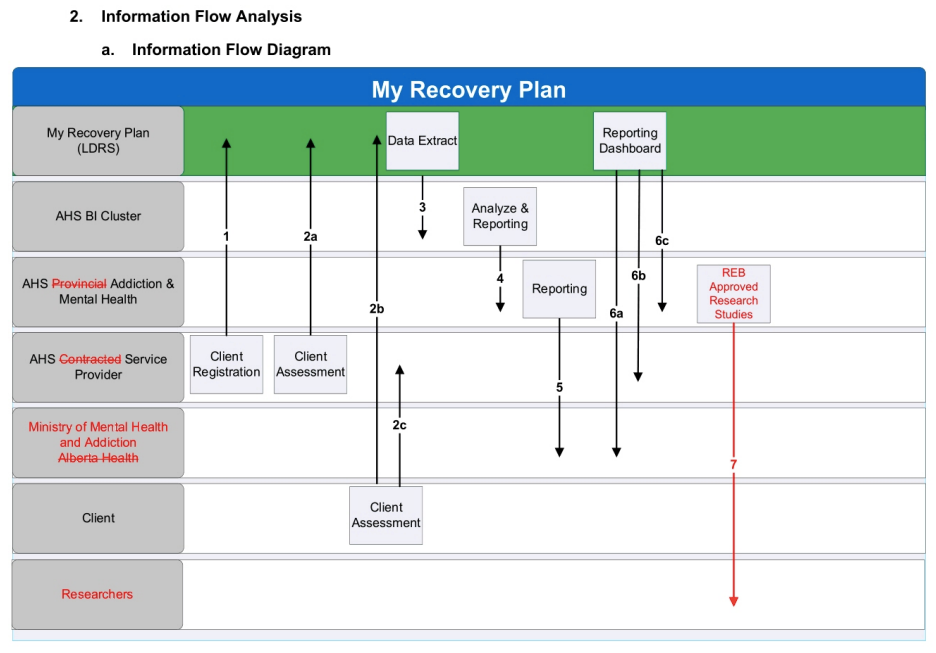
A frontline worker revealed to Drug Data Decoded that access to the recovery system is already throttled for people who have greater barriers to achieving abstinence. This is done in part by placing restrictions on prospective clients that have pending charges, regardless of whether or not they have been convicted.
The consolidation of drug policy power under UCP-aligned private recovery organizations comes as no surprise to any observer of Alberta politics. However, we are entering dangerous territory as the UCP government prepares forced abstinence legislation at the same time that UCP-aligned police are given increasing latitude to escalate violence against encampment dwellers and pro-Palestinian protesters while they surveil and arrest police-critical journalists.
With forced abstinence legislation on the horizon in Alberta, every recovery facility is primed to become a prison. This was put on display recently as the UCP government announced it would reallocate portions of a prison for children to create a new recovery facility for children.
By conditioning the public with expanded forced abstinence for children, a status quo many people inexplicably accept, the Alberta government is broadcasting its paternalistic intent for the province's drug-using adult population.
Drug Data Decoded provides analysis on topics concerning the war on drugs using news sources, publicly available data sets and freedom of information submissions, from which the author draws reasonable opinions. The author is not a journalist.


